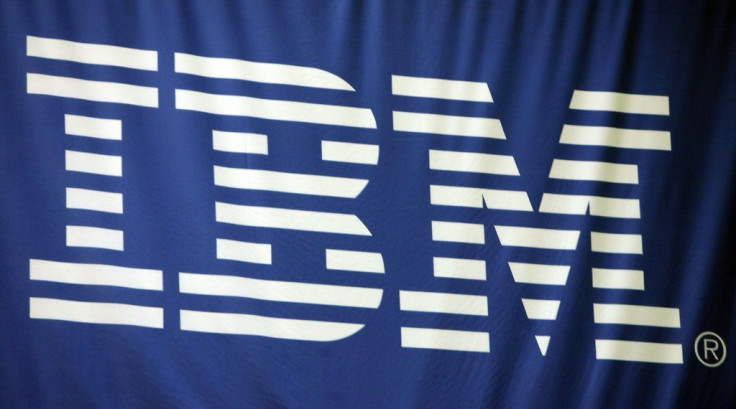2-Nanometer Chip: IBM Says Its Fingernail-Sized Microchip Is World's Smallest And Most Powerful
KEY POINTS
- IBM claims it has created the smallest processor ever created
- The 2nm chip will increase a device’s battery life up to four times
- The company claims it will speed up devices and provide power efficiency
IBM has announced that it has created the world's first 2-nanometer chip. The tech giant claims the microchip, which is about the size of a fingernail, is the smallest and most powerful chip yet developed.
The company, in a blogpost Thursday, said it squeezed in 50 billion transistors onto the 2nm processor to improve its performance. Each transistor was about the size of two DNA strands, CNN reported.
📣 Today, IBM is unveiling the world's first 2 nanometer (nm) transistor-based chip, the smallest yet, which will unlock greater performance and energy efficiency over the next decade.
— IBM Research (@IBMResearch) May 6, 2021
Learn more 👉 https://t.co/r913DgsaJO pic.twitter.com/cHVpbB9BVp
Mukesh Khare, IBM vice president of hybrid cloud research, said the way to increase a chip's performance is to increase the number of transistors, which are the core elements that process data without increasing its overall size, Engadget reported.
The 2nm chip will be able to provide 45% increased performance on devices compared to the 7nm-based chip. This means the devices will achieve the same performance as 7nm chip-powered handsets but with almost 75% less energy, according to the company.
It is also said to boost a device's battery life by up to four times. Due to its battery life efficiency, people just have to charge their devices every four days, IBM said.
The 2nm chip will reportedly also increase the speed of laptops and the reaction time for autonomous vehicles. The new chip is expected to provide data centers with power efficiency that could reduce carbon footprints.
The 2nm chip will be a breakthrough in areas such as supercomputers, space exploration, artificial intelligence, as well as to 5G and 6G computing. IBM's latest innovation has surpassed the 5nm chips that are being used by many of its competitors.
Apple's M1 and A14 and Huawei's Kirin 9000 use the 5nm processor. AMD and Qualcomm currently use TSMC's 7nm processor, although the latter also uses Samsung's 5nm chip on its Snapdragon 888. TSMC is also working on developing a 2nm chip and is planning to produce the 4nm and 3nm chips in 2022.
IBM has not yet revealed when the nanochip will feature on consumer devices. Reports say it could take at least four-five years to go into production.

© Copyright IBTimes 2024. All rights reserved.











